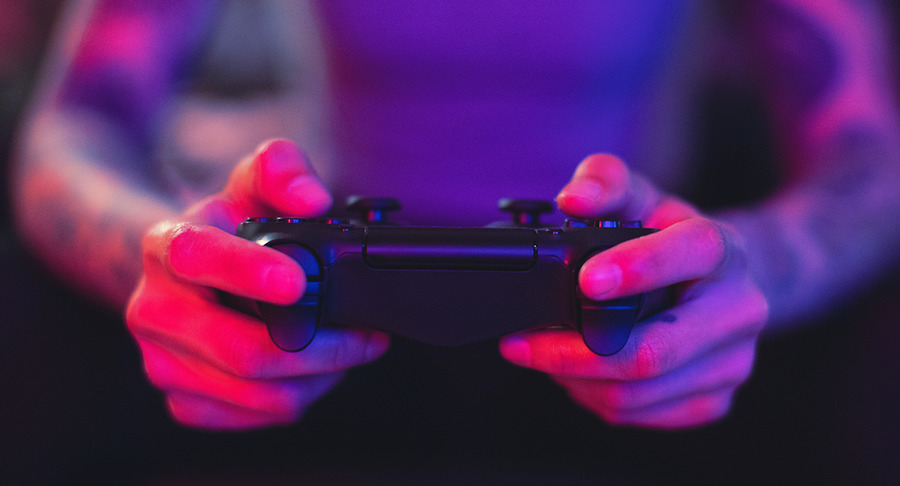Russia Proposes New Video Game Oversight Law
Russia is developing a draft law that would require game developers and publishers to label content by age categories and ban the release and sale of video games containing prohibited information. According to a report by Kommersant, which reviewed the document, the proposed changes would amend the Federal Law “On Information” and the Federal Law “On Protecting Children from Information Harmful to Their Health.”
The document, according to a government source, was prepared by the Ministry of Economic Development and has been sent for approval to Roskomnadzor (the Federal Service for Supervision of Communications, Information Technology and Mass Media), the Ministry of Health, and the Ministry of Digital Development. The proposal suggests banning the distribution of games that violate Russian laws. The changes are intended to “prevent socially dangerous acts influenced by gaming content” and “ensure the safety of computer game content for citizens’ health.”
Expert organizations, using criteria set by Roskomnadzor, will be responsible for monitoring game content. If adopted, the law would take effect on March 1, 2024.
Roskomnadzor told the publication that there is currently no specific regulation of video games in Russia, while “the state’s task is to ensure the necessary level of public safety, protect history, cultural and traditional values in this area.”
The Ministry of Health stated that it is conducting “interdepartmental work on these issues.” The Ministry of Economic Development and the Ministry of Digital Development declined to comment.
Industry Concerns and International Comparisons
Industry participants are concerned that the initiative could lead to the blocking of foreign game distribution platforms if they refuse to comply with regulatory requirements. “Roskomnadzor and the prosecutor’s office would have the right to demand that Steam or Epic Games Store prevent Russian customers from purchasing a game where, for example, one of the characters is of non-traditional orientation,” said Gadzhi Makhtiev, owner of the Kanobu portal.
China is noted as the most active regulator of video games. Kirill Lyakhmanov, chief legal counsel for intellectual property practice at EBR law firm, explained: “To publish a foreign game, it is checked for prohibited content—from depictions of skulls to denial of China’s territorial boundaries.”
According to Statista, from August 2021 to spring 2022, Chinese authorities did not approve a single new game. As a result, Statista believes that in 2022, “the global gaming market will see a decline in the number of players for the first time.” If the new Russian law is adopted and strict sanctions are imposed on violators, the distribution of some games in Russia could stop, the lawyer admits. However, Lyakhmanov believes this will not affect the actual availability of games, as they can still be downloaded from torrents.



